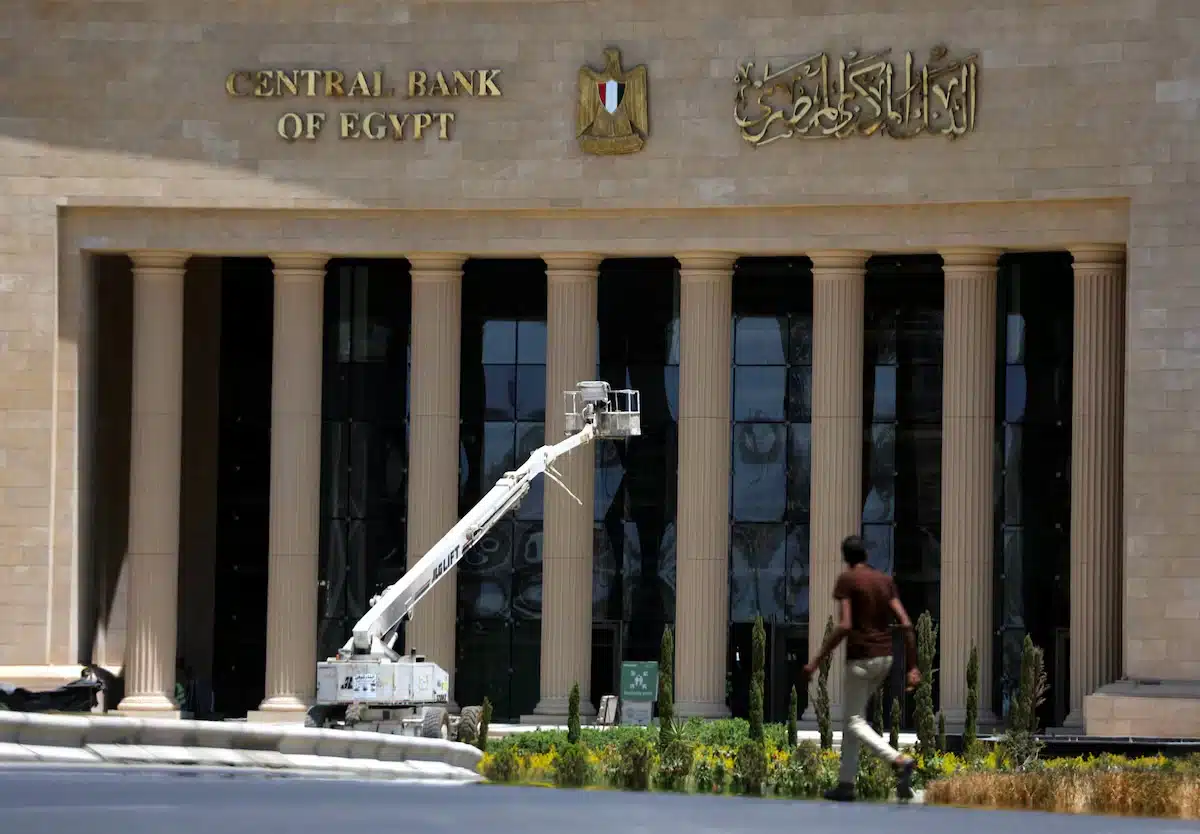Banks and other financial institutions must implement more rigorous in-house verification procedures to filter the quality of suspected AML/CFT/CPF cases before reporting them to the Nigerian Financial Intelligence Unit (NFIU). This directive was outlined in a circular dated 13 December 2024, aimed at strengthening the Verification and Reporting of Suspicious Transactions (STR) guidelines.
The guidelines address inefficiencies in the reporting of suspicious activities, which are flagged by financial institutions’ Transaction Monitoring Systems (TMS). These systems often generate false positives that are forwarded to the NFIU, significantly increasing the workload of the AML/CFT/CPF department and delaying the identification and investigation of genuine threats.
Key provisions of the guidelines
Nigeria is currently on the grey list of the Financial Action Task Force (FATF), an international body combating money laundering, terrorism financing, and arms proliferation. This indicates deficiencies in Nigeria’s AML/CFT/CPF framework, making the country vulnerable to global financial crimes. The new guidelines aim to tighten reporting procedures and ensure accuracy.
Defining a suspicious transaction
Financial institutions are required to thoroughly screen and review all financial alerts, considering the time, date, location, and transaction amount. Suspected money laundering or terrorism financing must be clearly linked to these facts and articulated in the STR.
Timeline for suspicion formation and reporting
Suspicious transactions must be reported to the NFIU within 72 hours of initiation, whether or not the transaction is completed. Institutions must also document all alerts that do not qualify as suspicious, providing clear justifications for future reference and potential review by the NFIU.
Accompanying documents for STR submission
The guidelines specify detailed documentation to be filed alongside the STR, including:
- Customer Identification Documents: Valid ID, proof of address, business registration documents, and legal representative details (if applicable).
- Transaction Records: Copies of transaction slips, bank statements, electronic payment records, account activity logs, and more.
- Specialised Records: Documents related to fixed deposits, treasury bills, bonds, loan agreements, and remittance evidence (e.g., MoneyGram, Western Union).
Penalties for non-compliance
Failure to follow these guidelines will result in penalties under various laws, including:
- Money Laundering (Prevention & Prohibition) Act, 2022: Sections 7(10), 19(4), 27(1), and 19(2).
- Terrorism (Prevention & Prohibition) Act, 2022: Sections 84(1) and (3).
- NFIU Act, 2018: Section 25 empowers the NFIU to impose fines on entities failing to submit STRs. Non-payment of penalties within two working days incurs a 10% daily interest on the outstanding amount.
While these guidelines aim to address deficiencies and ensure accurate reporting, questions remain about their enforceability and the ability of financial institutions to manage the increased burden. However, with Nigeria’s FATF grey list status at stake, the urgency to comply and improve the country’s AML/CFT/CPF framework is critical.






